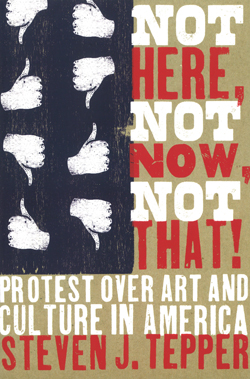Introduction: Georgia Men
“Black people did not come back from Georgia.”
“A man or woman that had learned that they might be taken south might do anything.”
“A man who had to see his son stand naked before buyers might do anything.”
Contact GIAGIA Reader PublicationBecome A GIA Member
450 Lexington Ave, Unit 4501 | New York, NY | gia@giarts.org
The GIA Library is an information hub that includes articles, research reports, and other materials covering a wide variety of topics relevant to the arts and arts funding. These resources are made available free to members and non-members of GIA. Users can search by keyword or browse by category for materials to use in research and self-directed learning. Current arts philanthropy news items are available separately in our news feed - News from the Field.
“Black people did not come back from Georgia.”
“A man or woman that had learned that they might be taken south might do anything.”
“A man who had to see his son stand naked before buyers might do anything.”
On June 2, 2015, Kenny Leon presented the following as a keynote address at the Grantmakers in the Arts Racial Equity Forum in Atlanta, Georgia.
I am the darker brother.
They send me to eat in the kitchen
When company comes,
But I laugh,
And eat well,
And grow strong.
Tomorrow,
I’ll be at the table
When company comes.
Nobody’ll dare
Say to me,
“Eat in the kitchen,”
Then.
Besides,
They’ll see how beautiful I am
And be ashamed —
I, too, am America.
In January I had the privilege to attend the Future Aesthetics 2.0 retreat, co-organized by Marc Bamuthi Joseph, director of Performing Arts of the Yerba Buena Center for the Arts, and James Kass, executive director of Youth Speaks. Participating were twenty-three performance-based artists, Helicon Collaborative partners Holly Sidford and Alexis Frasz, and Cheryl Ikemiya from the Doris Duke Charitable Foundation, which funded the project through its Fund for National Projects.

— African American poet Gwendolyn Bennett, “Sonnet II” 1